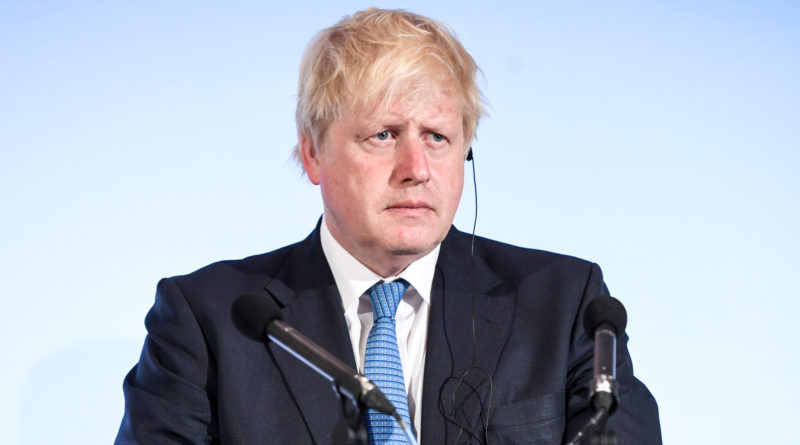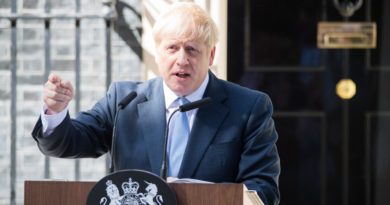Boris Johnson Promises To Intervene Over Visas For Afghan Scholarship Recipients
Boris Johnson has announced that the UK Government will attempt to aid 35 student scholarship recipients secure UK travel visas that had been blocked by the Foreign Office.
The Prime Minister announced plans to intervene to expedite the students’ visa applications amid fear that their status as scholarship recipients could make them targets of the Taliban. Boris Johnson ‘s decision comes mere hours after the Foreign Office defended its decision to bar the students from attending this September.
The Foreign Office originally planned to defer the Afghan students’ Chevening scholarships for a year, citing difficulties administering their visas at the embassy in Kabul, which is currently being evacuated.
Students received news of the Foreign Office’s decision earlier this month in a letter from Sir Lauire Bristow, the British ambassador to Kabul.
“After careful deliberation, the Foreign, Commonwealth and Development Office has with deep regret decided to pause the Chevening programme in Afghanistan for the academic year 2021-2022,” the letter said.
“Current circumstances mean that the British embassy in Kabul is unable to administer the parts of the programme that must be done in Kabul in time for candidates to begin their courses this year. We are very sorry, as we know this will be a huge disappointment to you.”
The decision caused outrage, prompting former Conservative cabinet ministers David Lidington and Rory Steward to call on foreign secretary Dominic Raab to intervene.
Boris Johnson told Sky News on Sunday: “We do want to make sure they are able to come and so we are doing whatever we can to accelerate their visas to get them over as well.”
The students in question have refused to comment publicly on the controversy, not wanting to jeopardize their scholarships or their anonymity.
Several of the scholarship recipients have been identified as members of vulnerable ethnic and religious minority groups that have been previously displaced by Taliban violence.
Students fear that despite the deferral of their scholarships, that it may prove difficult or even impossible to leave Afghanistan in a year’s time.
“We are losing this opportunity for this year, we are not sure about next year, it might be so difficult [because of] our circumstances … we are trying to get out of this situation,” one said on condition of anonymity.
The director of research and policy at ATR Consulting in Kabul, Dr Nishank Motwani said:
“These are extraordinary times and this is when officials need to find creative solutions. The Chevening programme advertises itself as developing leaders for the future. They need to live up to their own mantra because in years to come, when the west wakes up about Afghanistan and sees what has happened, who are they going to turn to?
“It is these people, the top minds in the country [who] need to be saved. Afghanistan will need them. And these countries that have invested so much in Afghanistan over 20 years will need them.”
Motwani added that the evacuation of the UK embassy in Kabul was the
“final opportunity” to bring the students out of Afghanistan. He said abandoning them would be a “disgraceful moral failure given how many Afghans have stood shoulder to shoulder with the UK’s civilian and military forces over the past two decades”.
He added: “The evacuation of the UK embassy staff will kill the chances of the successful applicants joining the programme another year. The danger is real because it assumes the students would survive one full year in what is increasingly looking like the return of Taliban rule. The risk that comes with safeguarding their personal documentary evidence for the Chevening scholarship is lethal if the Taliban find them because anyone with foreign ties to them is a collaborator.
“The conditions for a genocide are there, and people who have these connections, who have gone overseas and studied, they are the prime targets, because they are challenging the Taliban’s narrative.”




